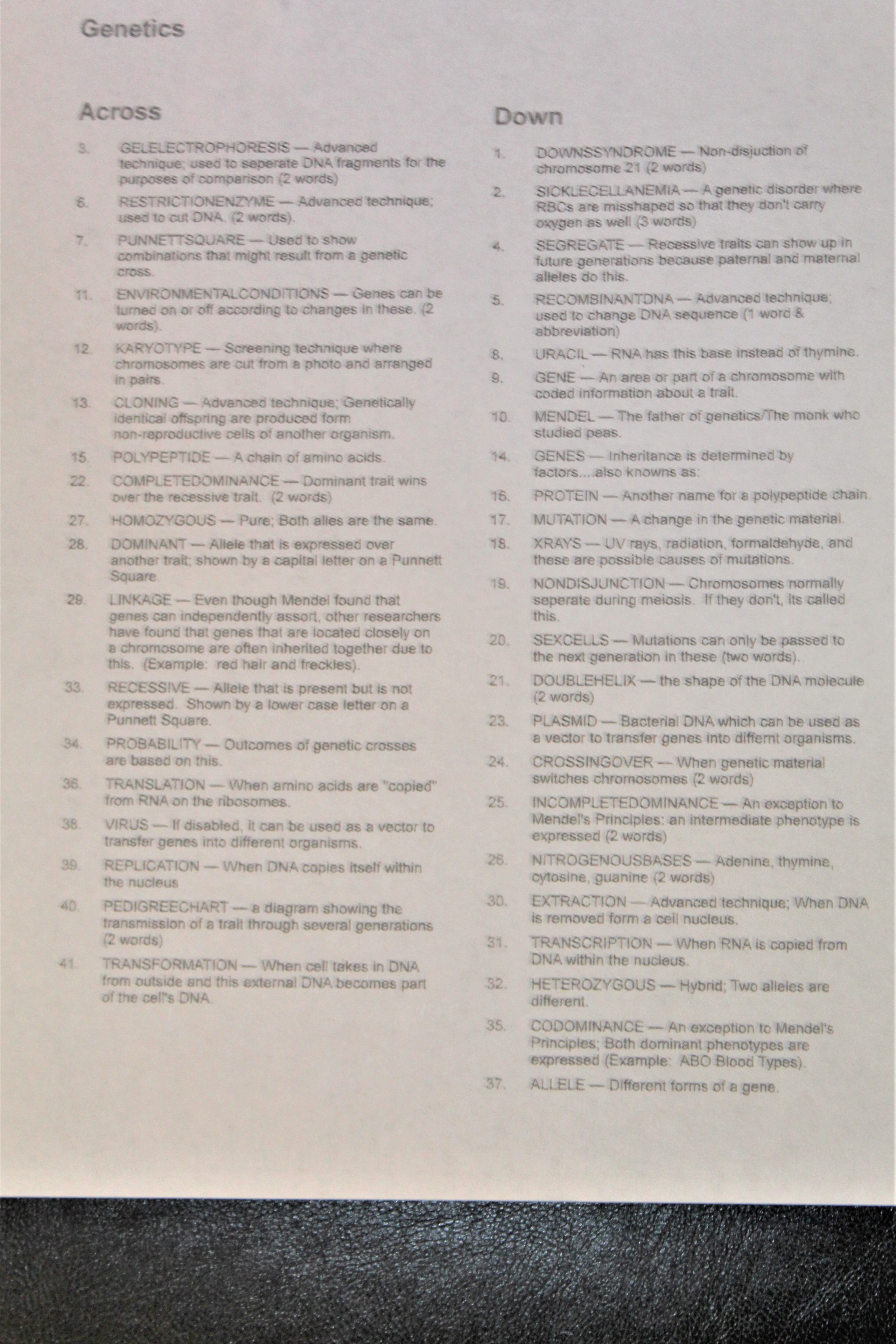

In 1986 he went to the Gambia to work with Brian Greenwood, the director of the Medical Research Council Laboratories there, initiating studies of genetic variants that might affect susceptibility to malaria. He completed his medical training at Guy’s hospital in London, specialising in paediatrics. He won a scholarship to Exeter College, Oxford, to study philosophy, physiology and psychology, and subsequently trained as a doctor. He grew up first in Lytham St Annes, Lancashire, attending Preston Catholic college, and later in the village of Minchinhampton in Gloucestershire, where he went to Marling school, a boys’ grammar in Stroud. What did on the human side and latterly with artemisinin resistance on the parasite side was groundbreaking work.”īorn in Hammersmith, west London, Dominic was one of four children of Mary (nee Hernon), a nurse, midwife and health visitor, and Karol Kwiatkowski, an engineer. Jeremy Farrar, former director of the Wellcome Trust and now chief scientist at the World Health Organization, said: “Dominic was always ahead of his time in arguing that one should consider the host and parasite together. This resource is vital to the development of new and better vaccines and ultimately to eliminating the disease. MalariaGEN now has the world’s largest dataset on malaria, combining the genomics of human populations, the parasite, and the mosquitoes that spread it.

The technique has transformed surveillance to detect the emergence of drug-resistant parasites. Miotto and his Thai colleagues deployed methods developed by international partners to extract the DNA of the parasite that causes malaria, Plasmodium falciparum, directly from very small blood samples taken from infected children. Together with training and the development of laboratories, this helped to ensure that the researchers gained the capacity to lead their own studies and dispelled any suspicion that rich countries were exploiting the resources of less-wealthy ones.Ībdoulaye Djimdé, professor of parasitology in Bamako, Mali, who was a founder olf the Plasmodium Diversity Network Africa, has credited Dominic with training his generation of scientists and pioneering the principle of sharing data, samples and results.Īccording to Olivo Miotto, of the Mahidol Oxford Tropical Medicine Research Unit in Bangkok, Thailand, “Dominic was passionate about giving researchers in endemic countries the same opportunities as researchers in the UK or other rich countries.”

From the outset it embodied principles of openness and data sharing, with Dominic often travelling to partner institutions to establish mutual trust. MalariaGEN is now a global community, with more than 200 researchers in more than 40 countries. Over time, research funding that had originally been funnelled via wealthy institutions in the north has increasingly gone directly to researchers in malaria-endemic countries. Persuading western funders to invest in diseases that mainly affect developing countries is never easy, but in 2005 Dominic won funding from the Bill and Melinda Gates Foundation and the Wellcome Trust to set up the Malaria Genomic Epidemiology Network ( MalariaGEN).

He saw that the only way to achieve that was in partnership with researchers based in the countries where malaria was endemic. A professor at Oxford University, Dominic recognised that bringing the power of genomics to bear on malaria would need data from multiple studies in many countries.


 0 kommentar(er)
0 kommentar(er)
